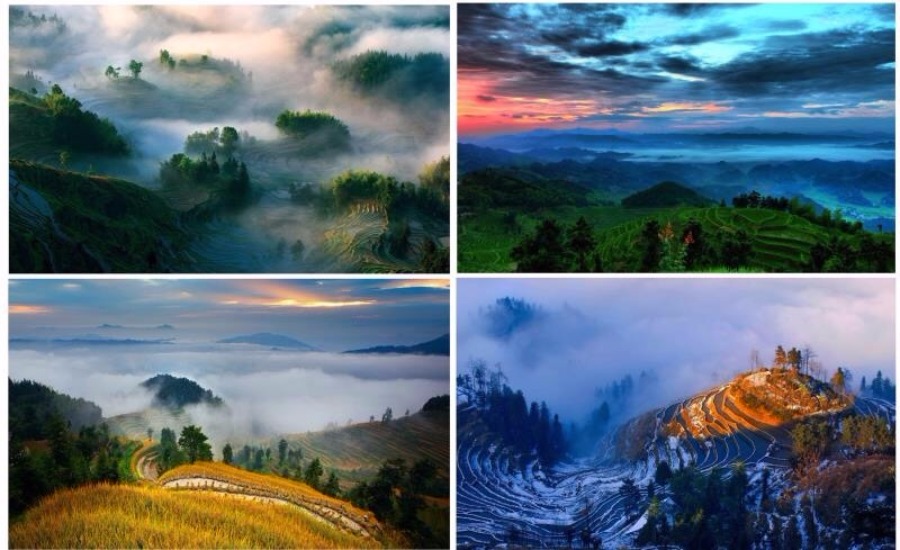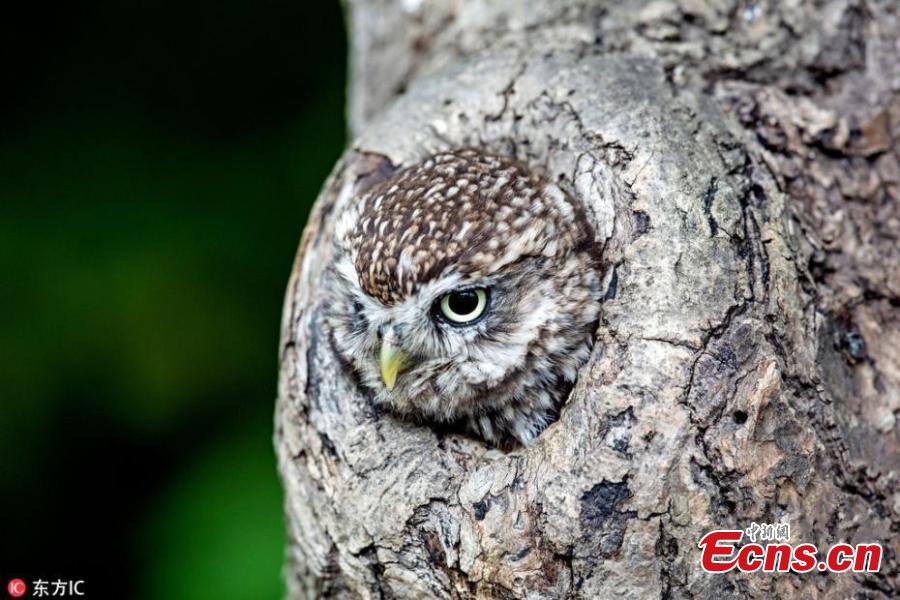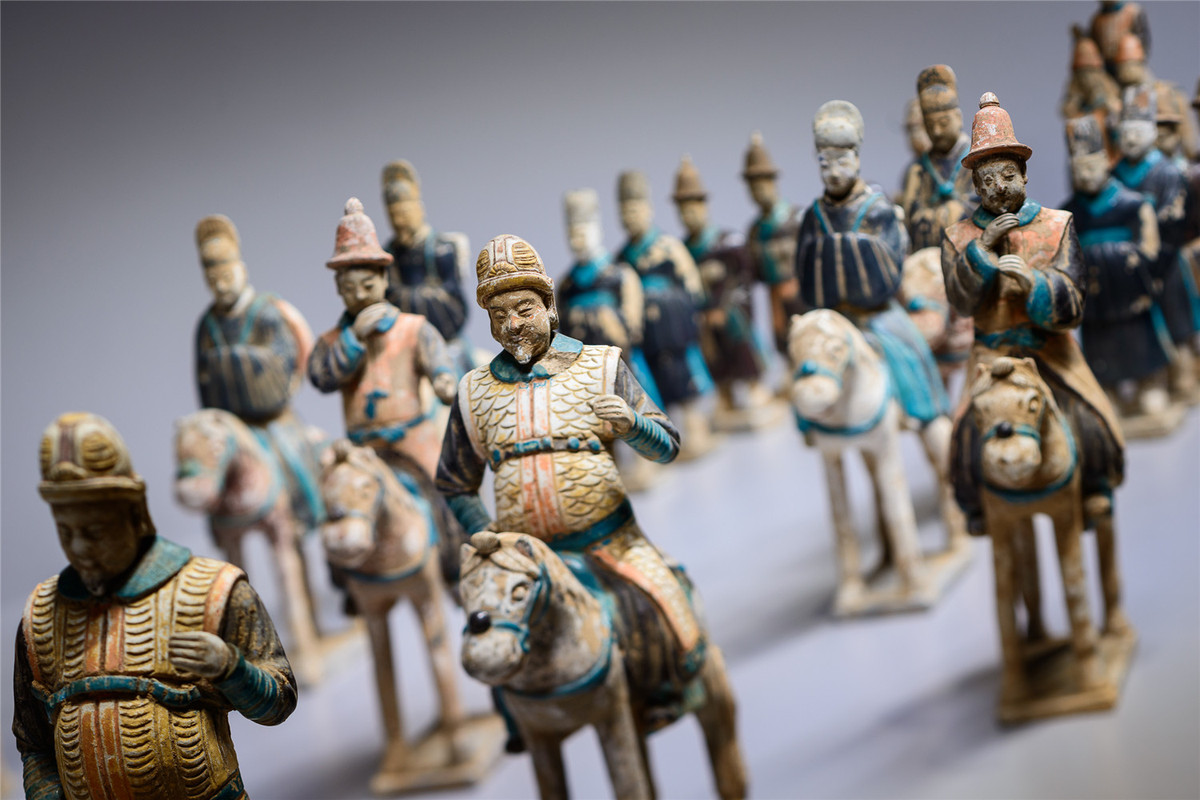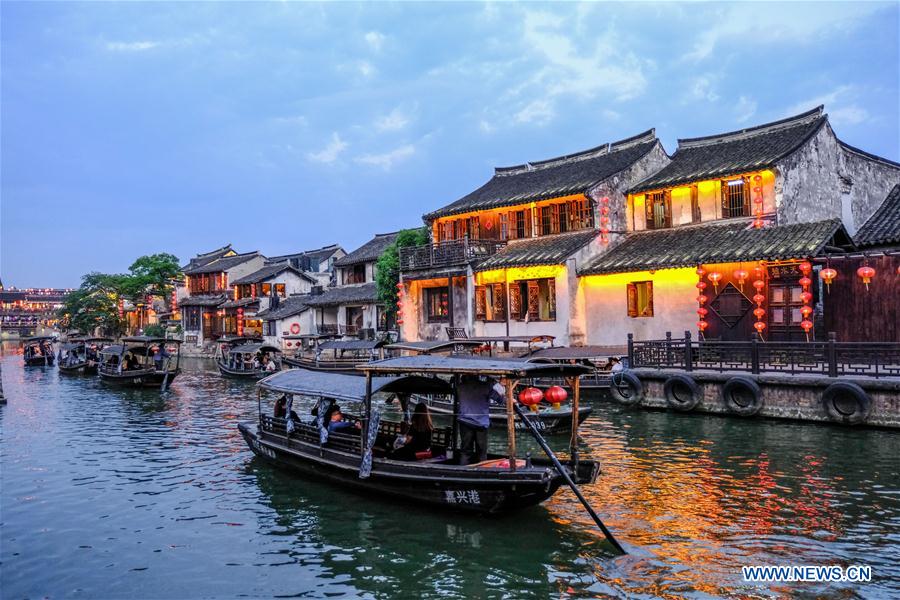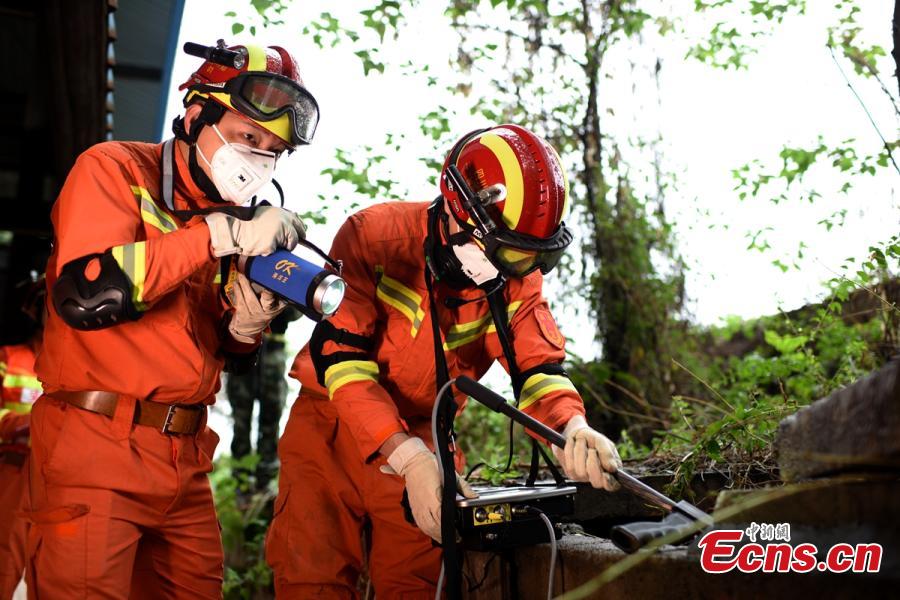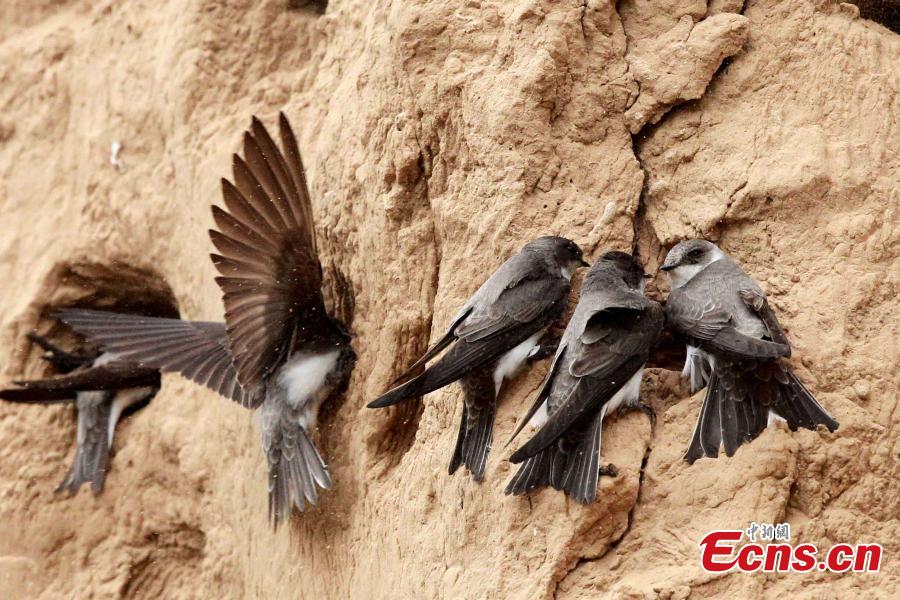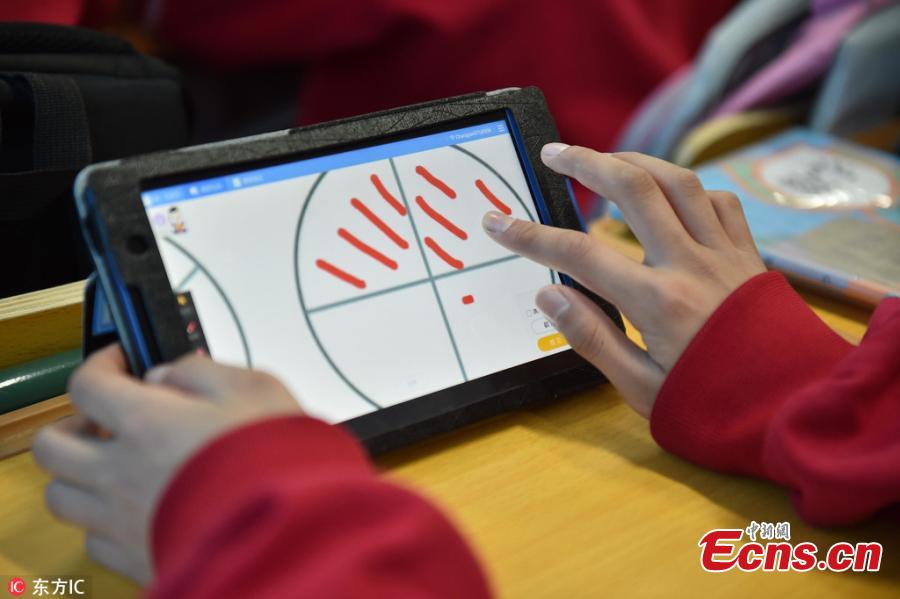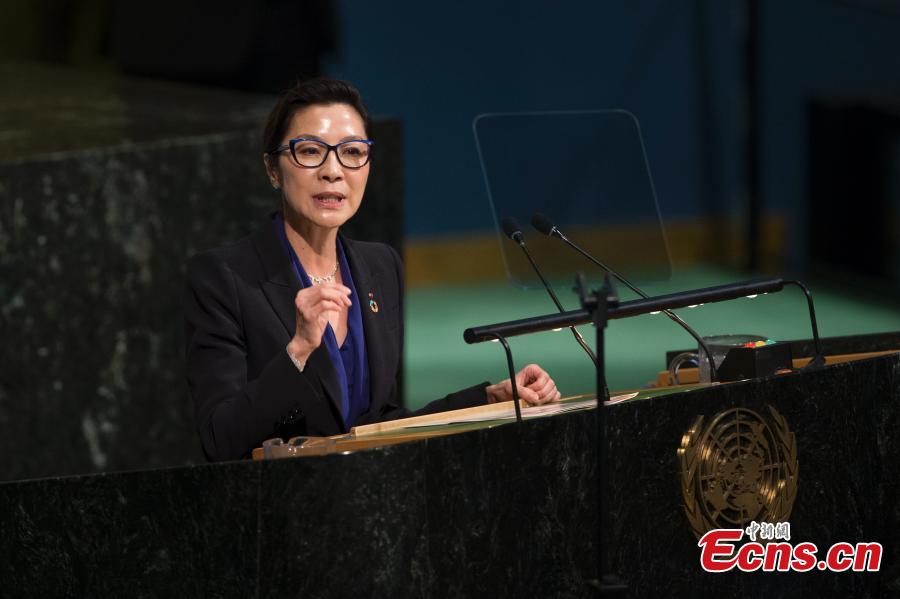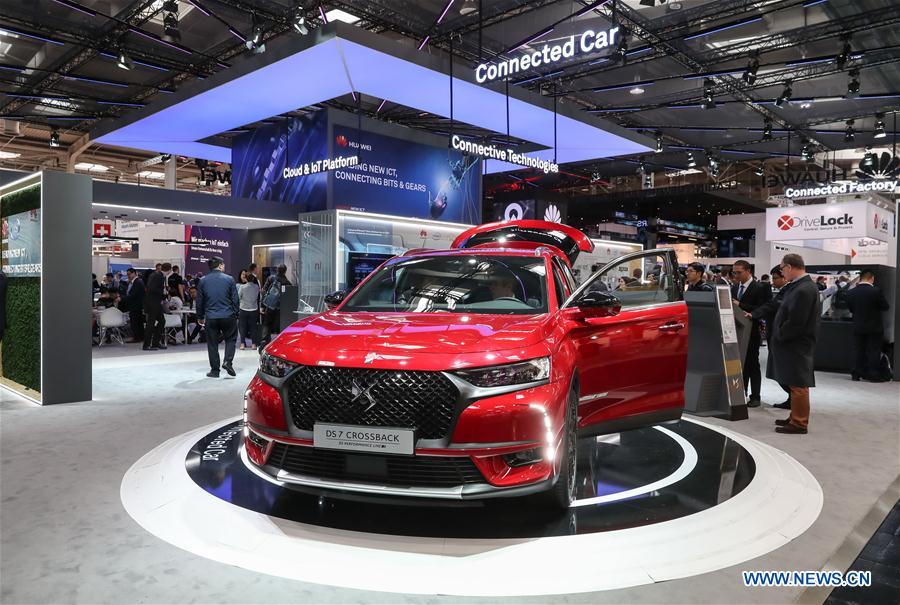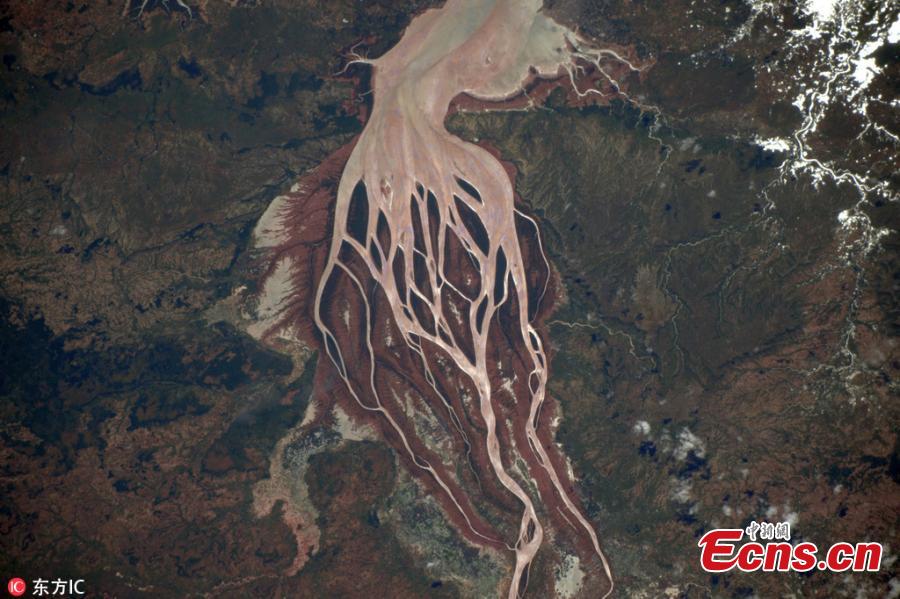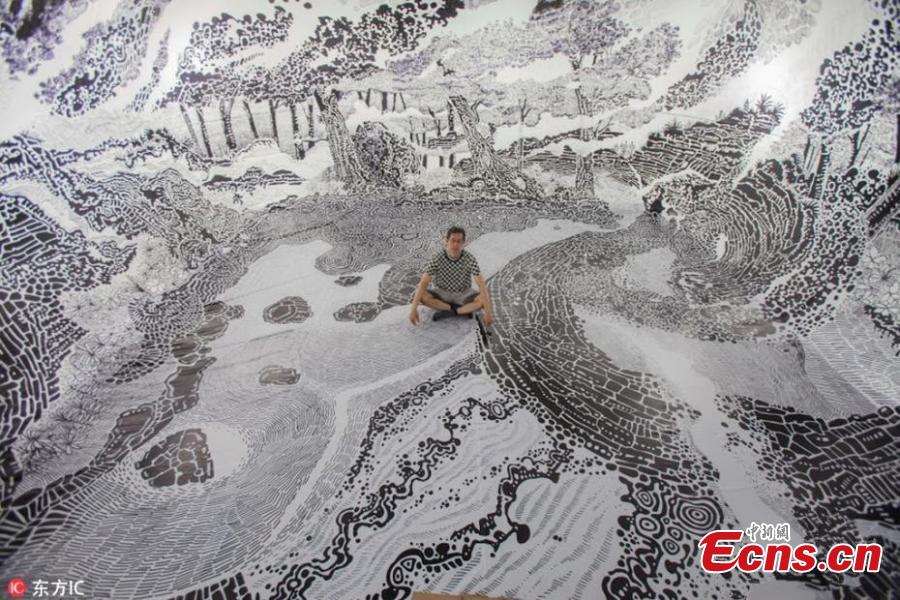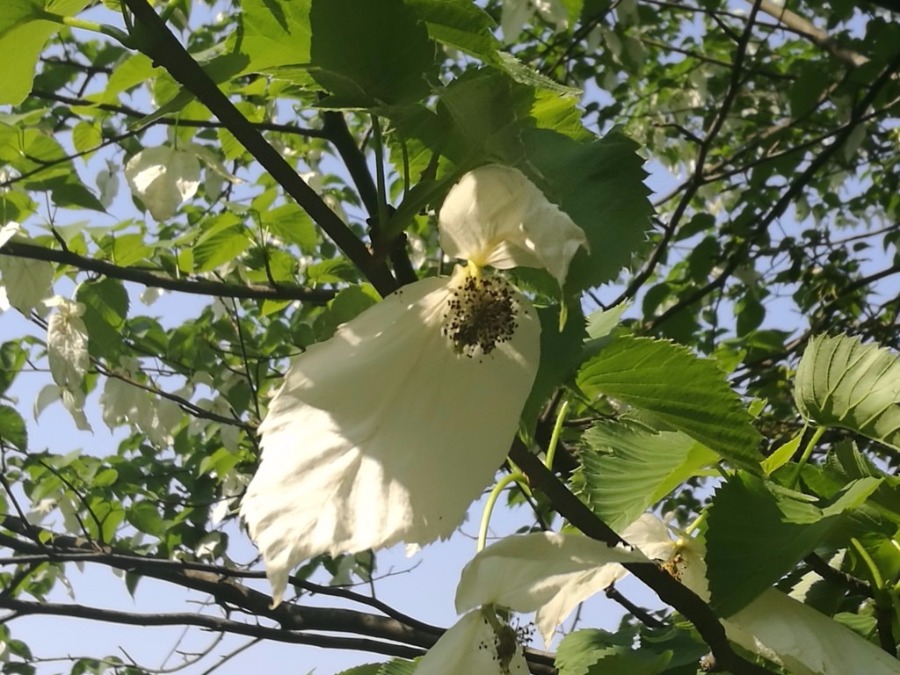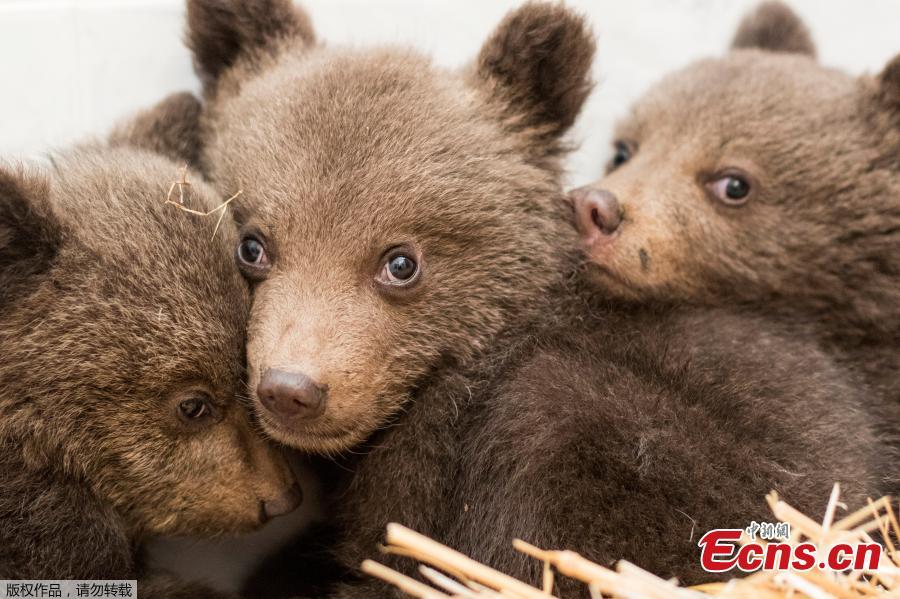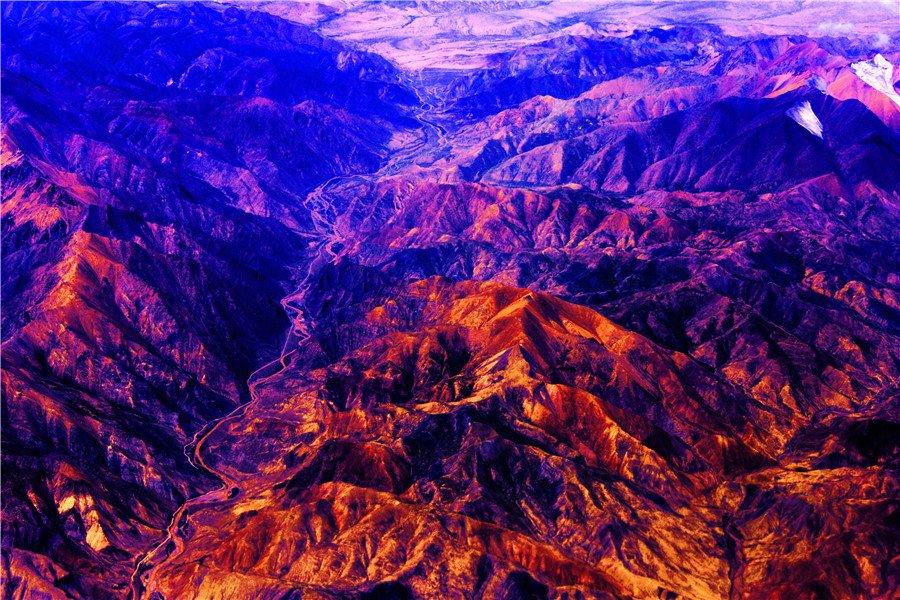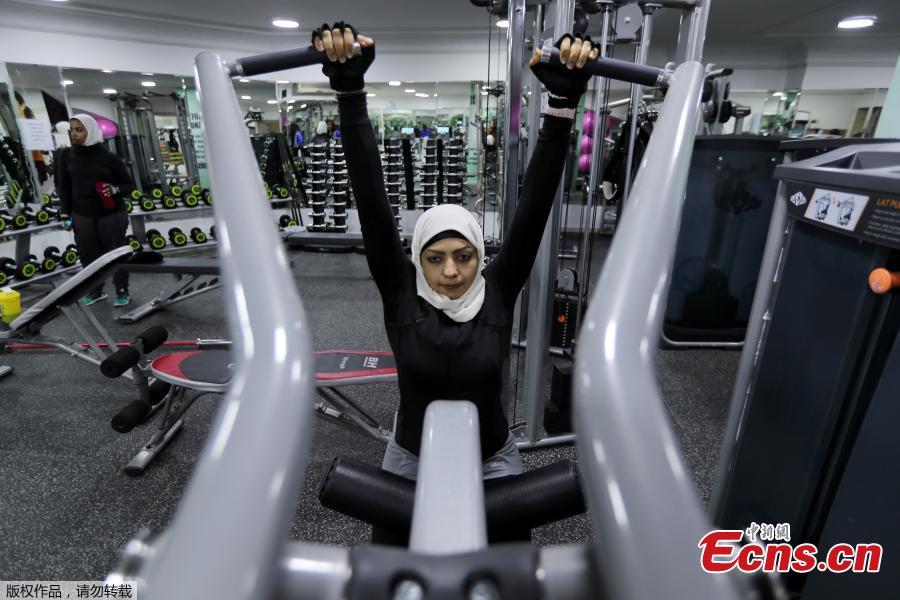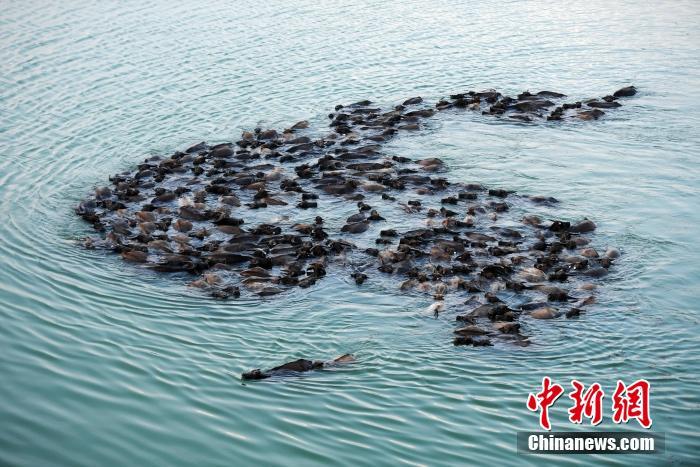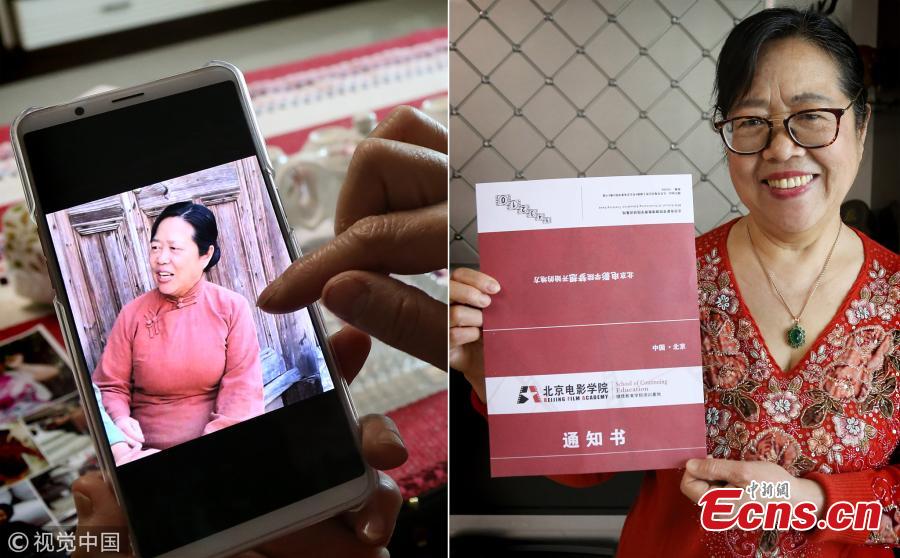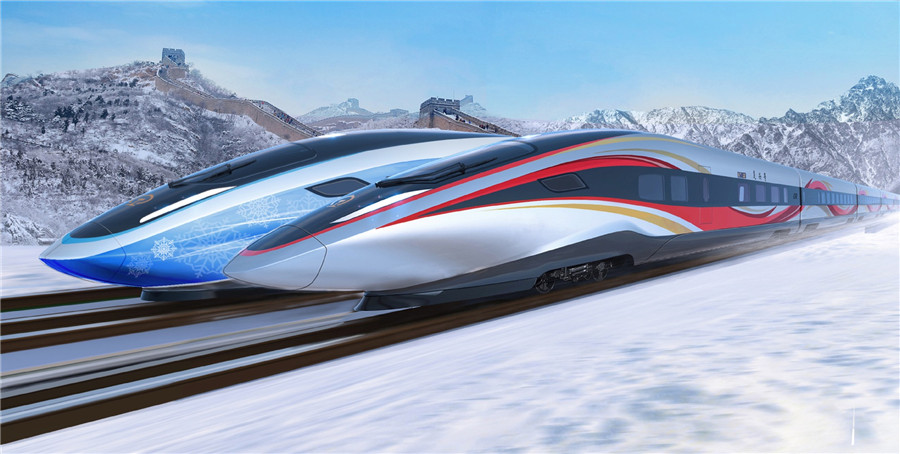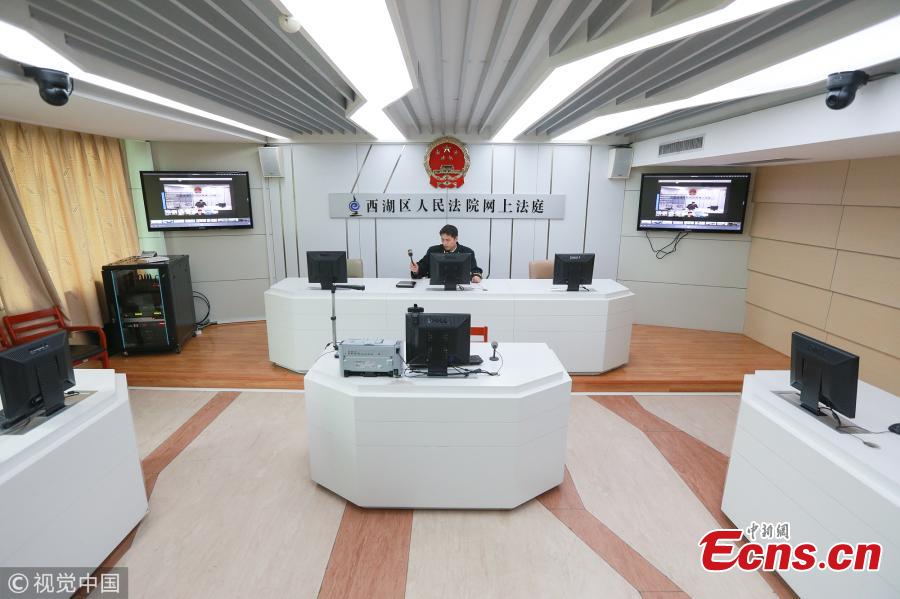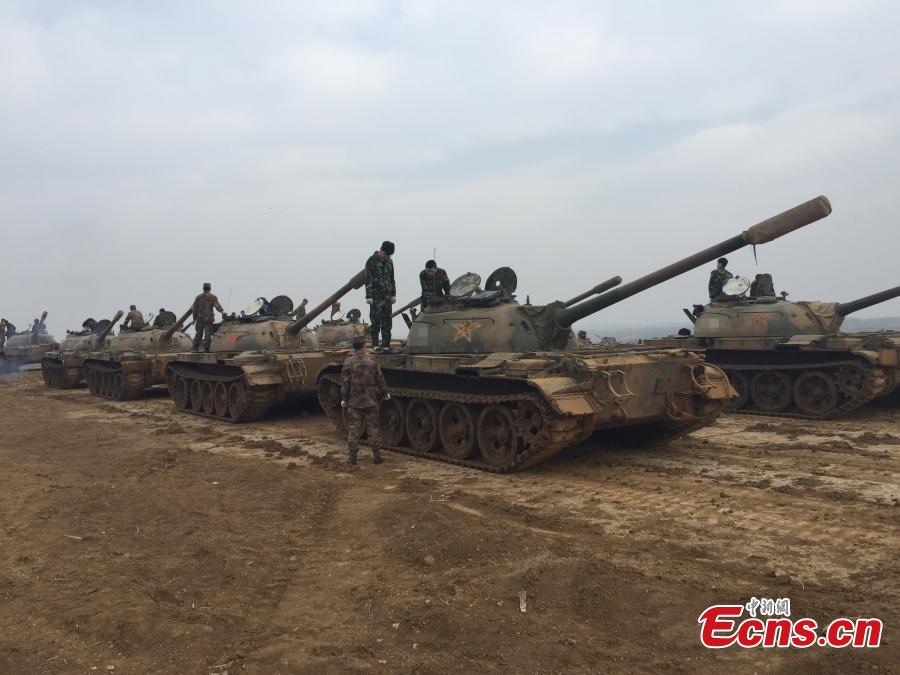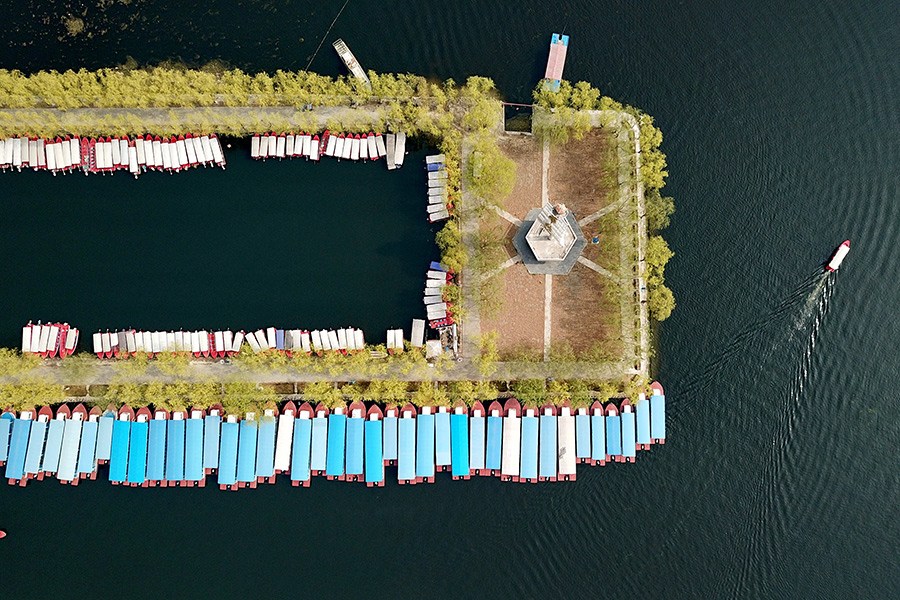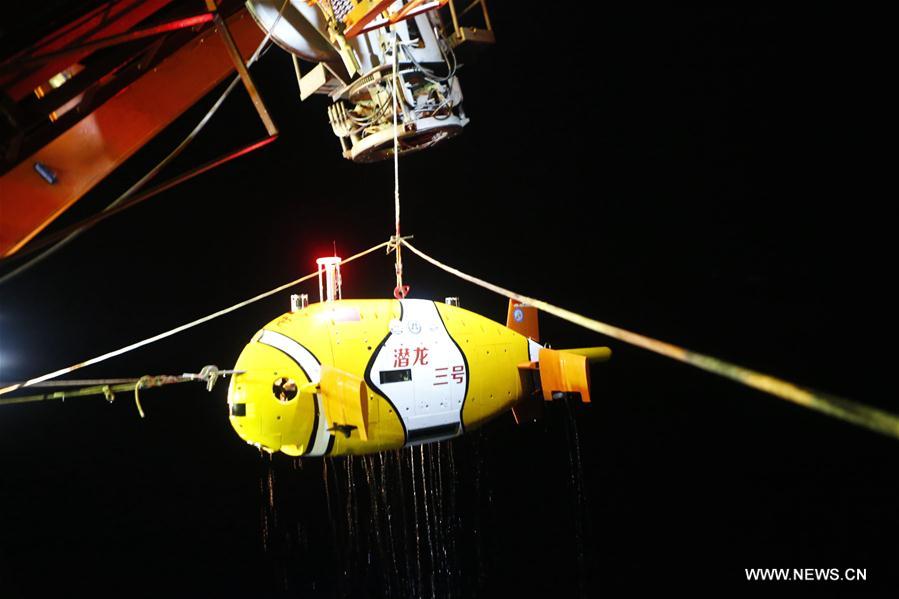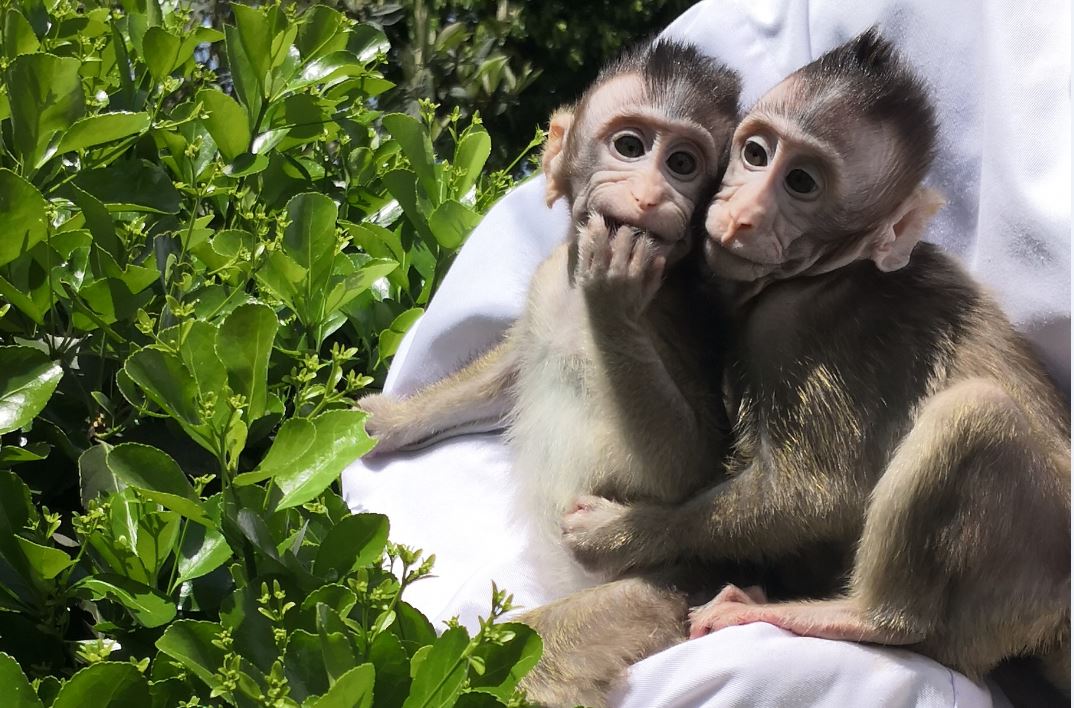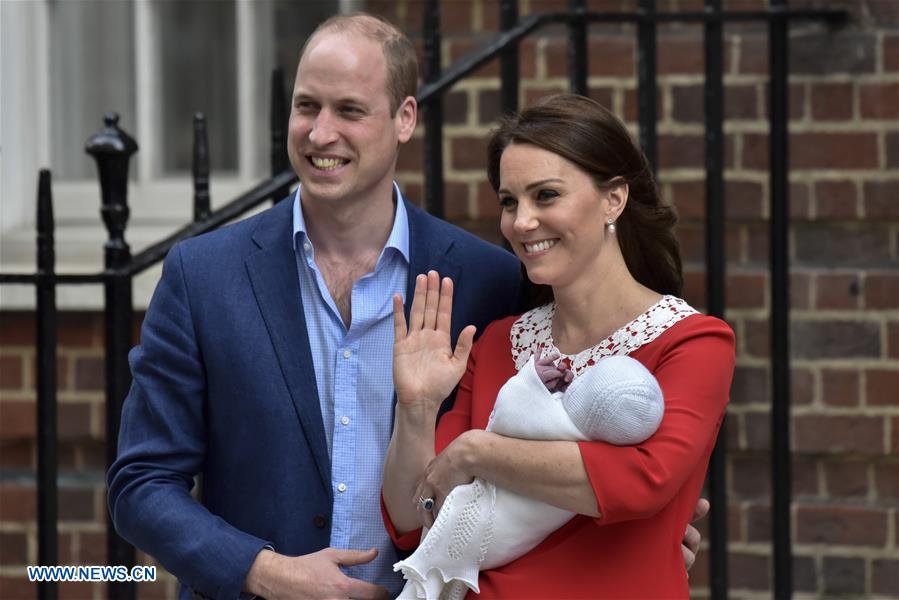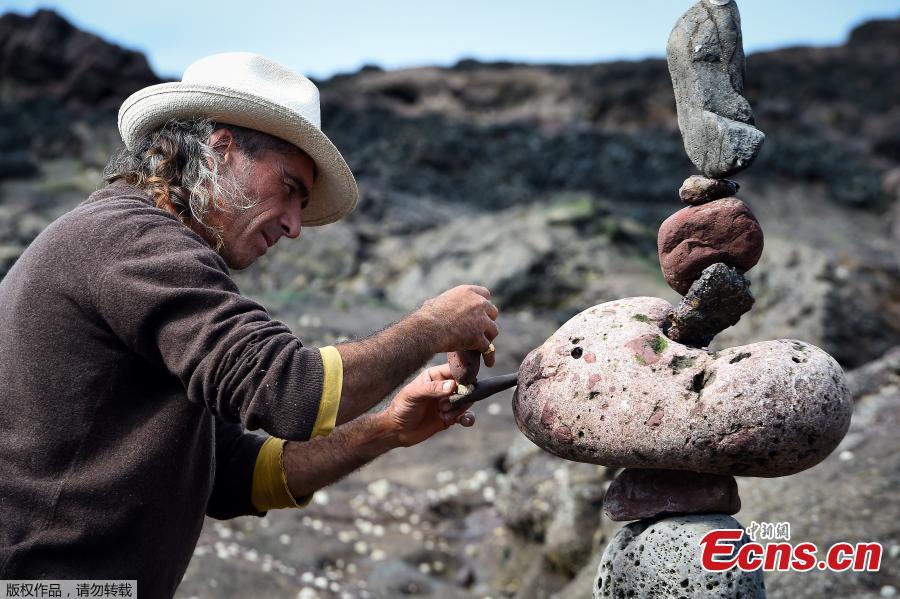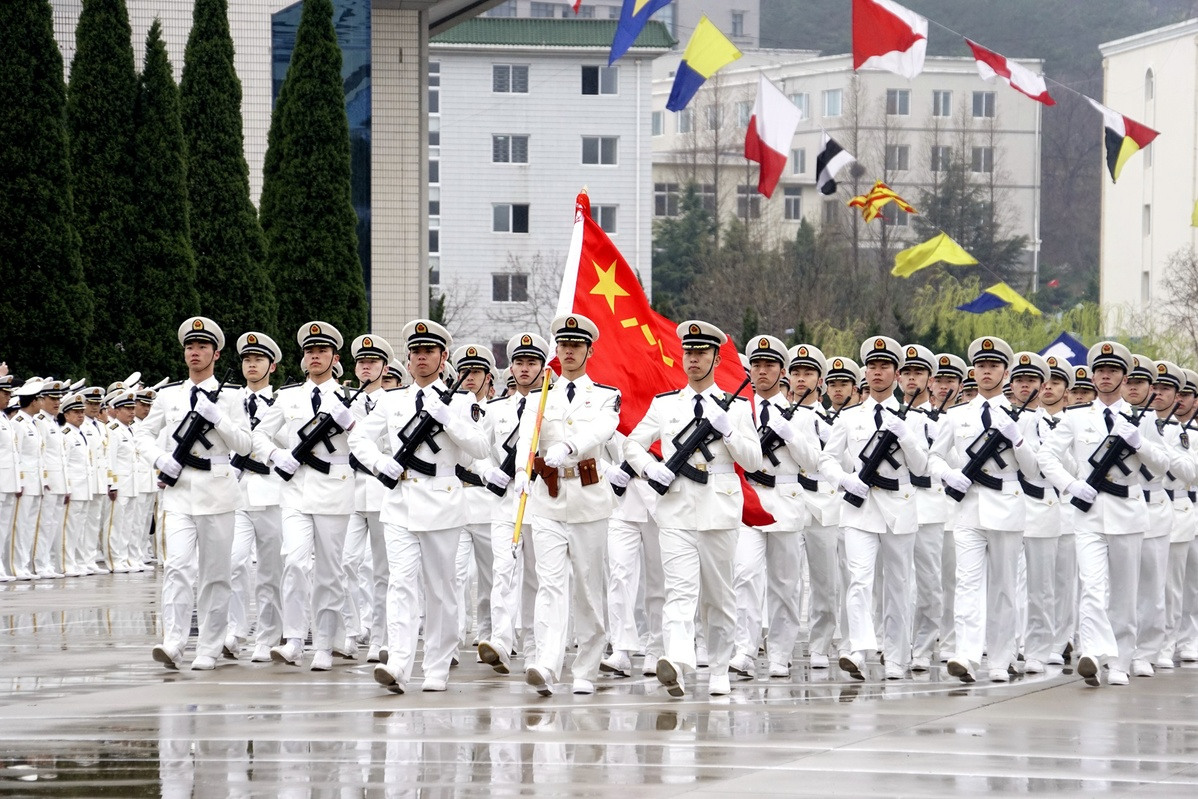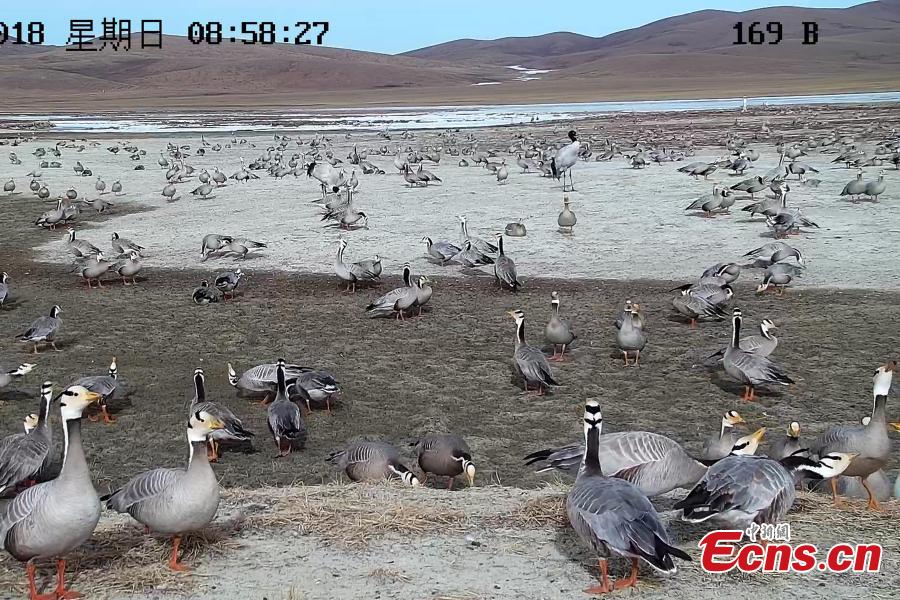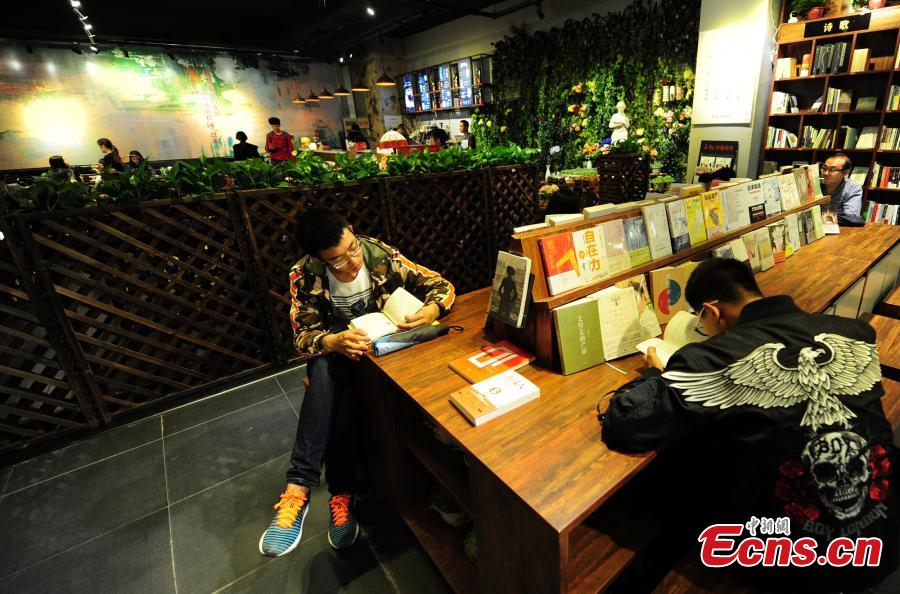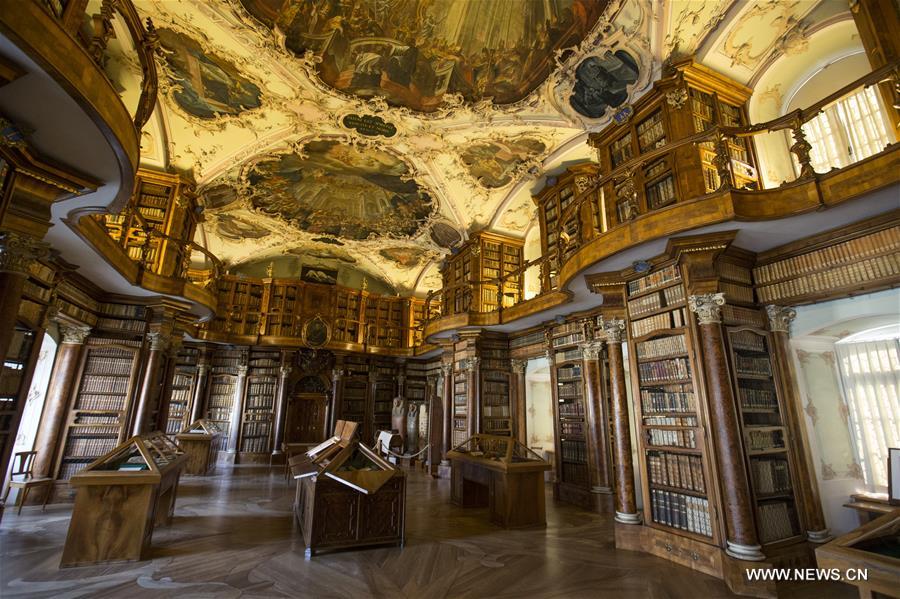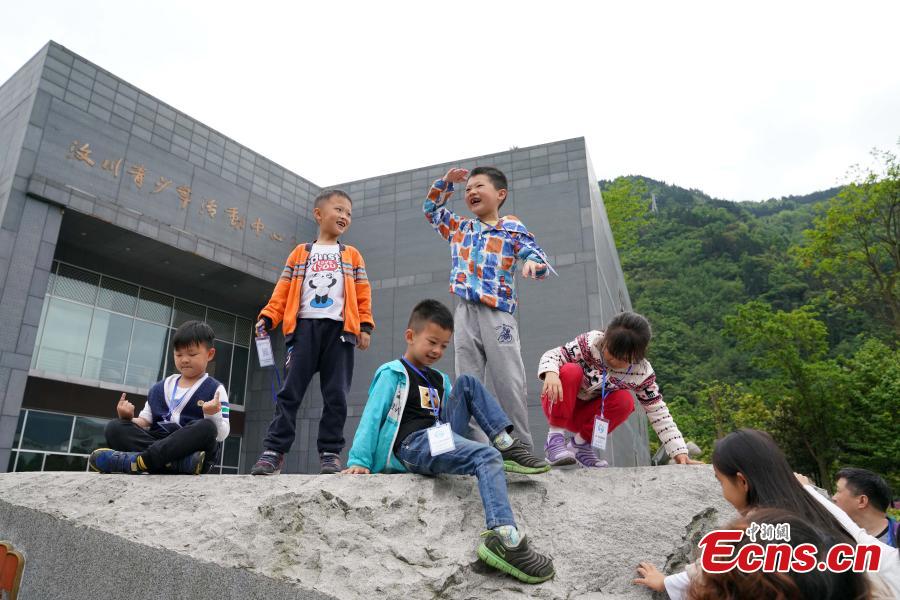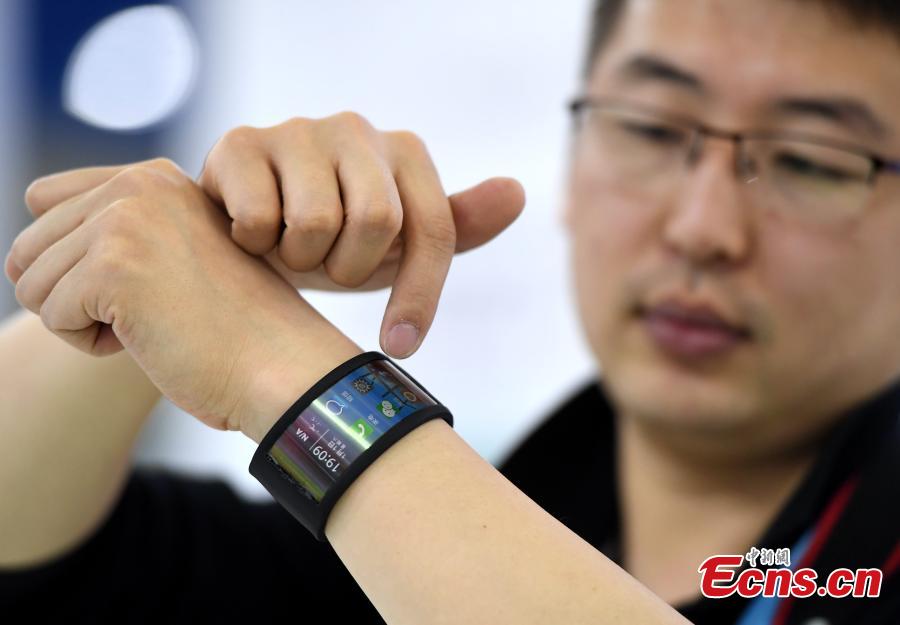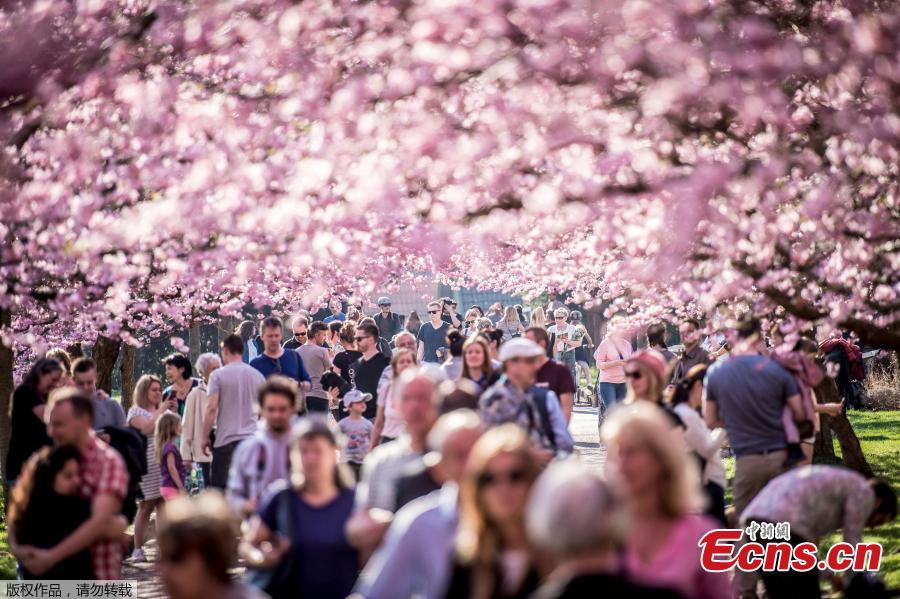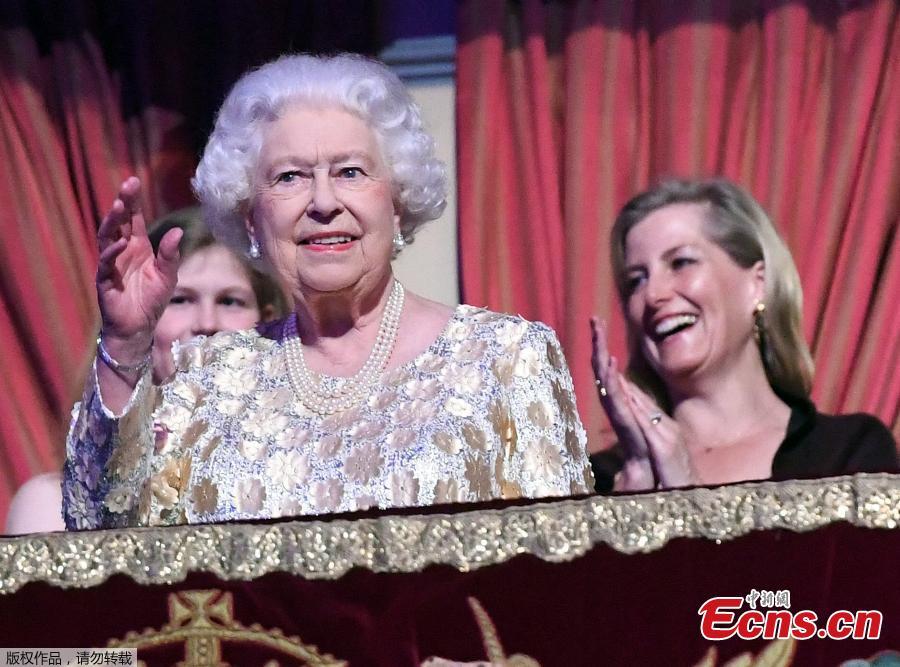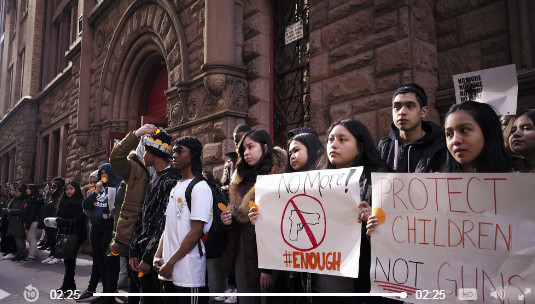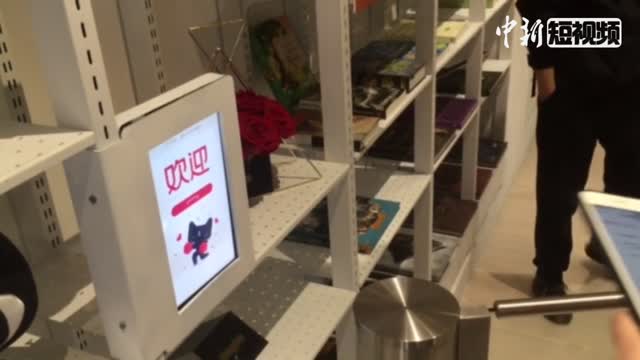Chinese lawmakers are reviewing a draft law to protect the reputation and honor of heroes and martyrs, vowing to punish those who "glorify wars of invasion" and disturb social order.
"People who profane the deeds and spirit of the heroes and martyrs and those who glorify wars or acts of invasion and disturb the social order shall be punished," according to the second draft law under review at the National People's Congress (NPC) Standing Committee's bimonthly session running from Wednesday to Friday.
The wording was added following recent disturbing incidents in which a handful of persons dressed in Japanese WWII army uniforms and spread the photos online to glorify the war, triggering a strong public backlash.
In one incident earlier this year, two young men were held by police after posing in front of anti-Japanese invasion war ruins in Nanjing city, dressed in the uniform of Japanese invaders and holding "army weapons."
Nanjing is the site of the Nanjing Massacre where about 300,000 civilians and unarmed Chinese soldiers were brutally murdered by Japanese troops over about 40 days after capturing the city in December 1937.
In February 2014, the top legislature designated December 13 as "National Memorial Day for Nanjing Massacre Victims." Memorials have been held every year since to mourn those who died in the atrocities.
The draft, which is expected to be adopted this week, aims to promote patriotism and socialist core values.
"China has had more than 20 million heroes and martyrs since the mid-19th century, many of whom remain anonymous," Hu Keming, deputy chairman of the NPC Constitution and Law Committee, said in a report to lawmakers.
"The law will protect the heroes, martyrs and revolutionists who devoted and sacrificed themselves for the Chinese nation and the people since modern times," Hu said.
"All members of society should honor them, learn from them and guard their reputation," the draft says.
The draft got its first reading in a bimonthly session of the top legislature last December. It requires Internet operators to speedily handle online information that infringes on heroes and martyrs.
In its second draft, the law says harmful information originating from overseas should be intercepted using technology or other necessary means.
Also to be banned is using radio, television and film products that violate the heroes and martyrs' rights of name, portrait, reputation and honor in public or online.
"After revisions, the NPC Constitution and Law Committee has suggested putting it to vote at this session," Hu said.









